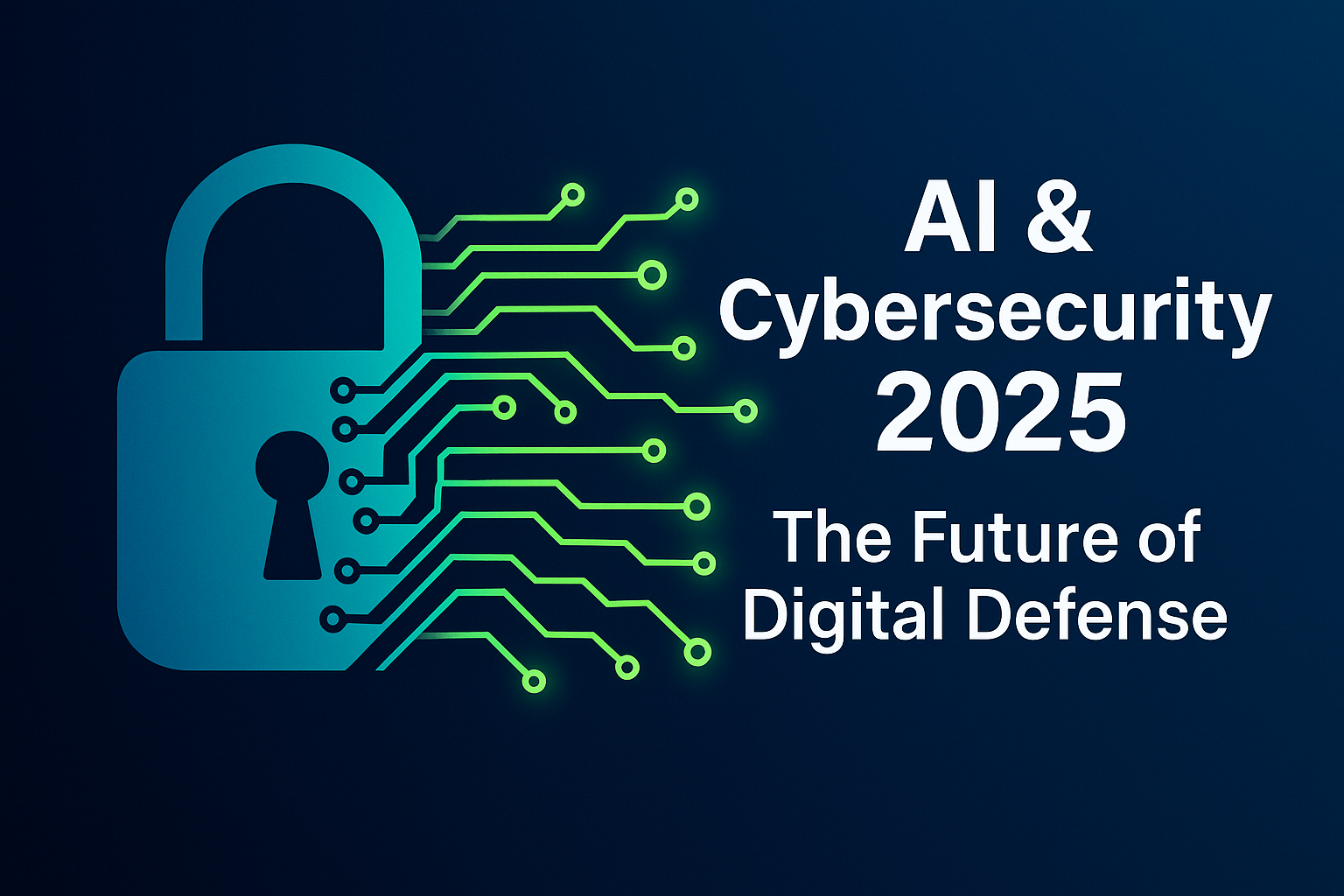There is something unstable about spaces overloaded with capitalism—the air feels both too much and not enough, thick with commerce yet thin on meaning. At this year’s Consumer Electronics Show in Las Vegas, that contradiction was everywhere. The scale was staggering—141,000 attendees and 4,500 exhibitors—but the effect was strangely placeless. Shuttles buzzed with talk of “deep partnerships” while the show floor shifted from loud to quiet, slick to shabby, without ever cohering. The theme, recycled from last year, was surrender: the steady outsourcing of life’s moments to artificial intelligence systems that promise to live for us. Even the Tesla-branded “Hyperloop” embodied this absurdity—mass transit made dumber and showier, futuristic only in how quickly it was already fraying.
The broader hype around AI works much the same way. Executives predict, with practiced awe and dread, that within a few years machines will surpass humans at nearly everything. These pronouncements are less about informing the public than keeping investors and politicians enthralled until something real exists to sell. For now, AI’s everyday uses remain modest—automating tasks, creating junk content, cutting homework corners, or greasing the wheels of fraud. Like CES itself, the industry is more atmosphere than oxygen: everywhere and nowhere at once, swelling with hype while leaving the air oddly unbreathable.


